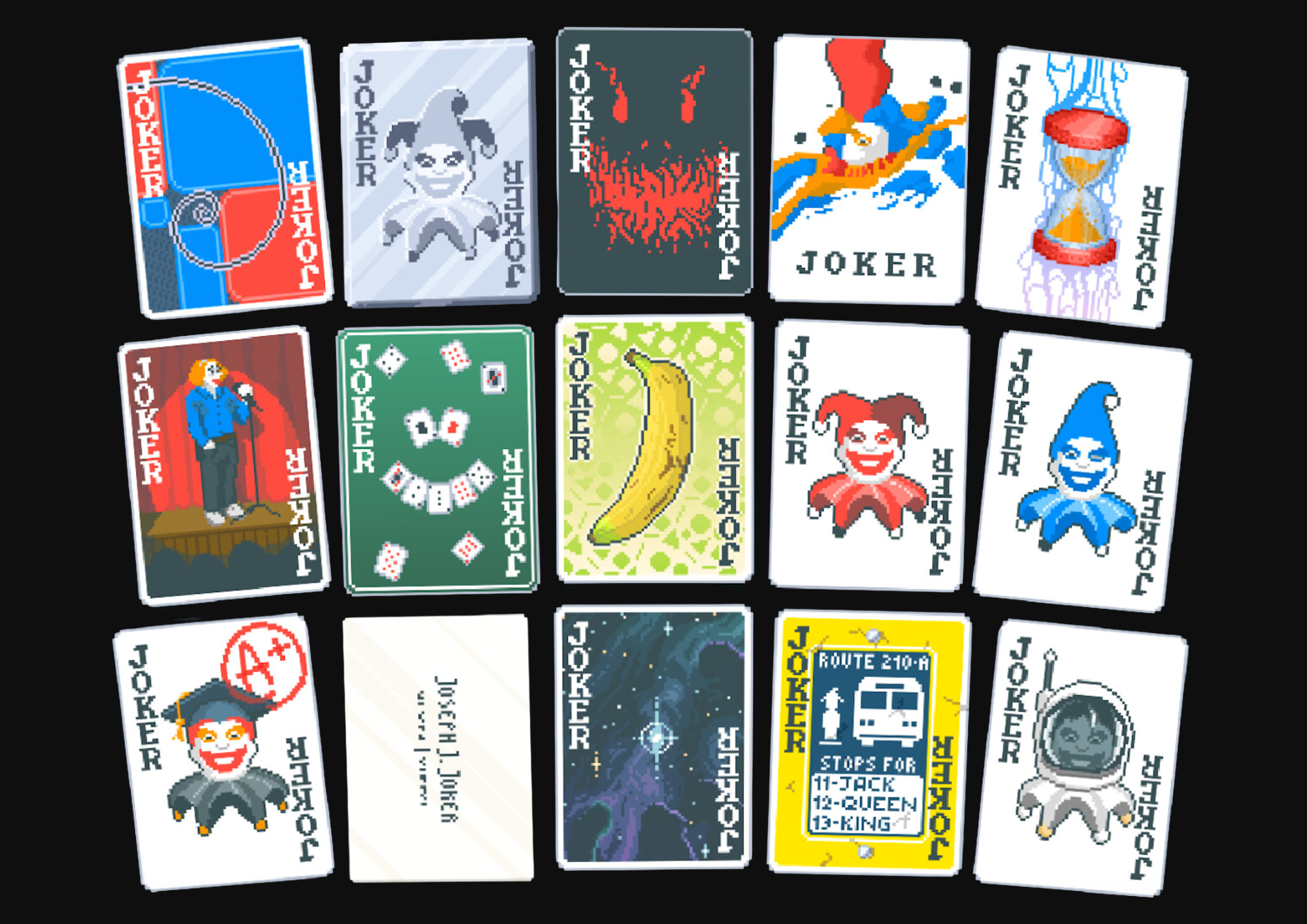
It feels like we’re in the age of the Big Gamble, doesn’t it? Most literally, the online gambling boom is making headlines worldwide, with talk of it as a public health emergency in some countries. In the UK, the proportion of children engaging in problem gambling doubled in the year 2023-24.
Not unrelatedly, the crypto hustle has become so normalised that a significant number of young men are growing up having never used a traditional bank account – understanding money completely through the turbulent ebb and flow of digital coins. There’s nothing that can’t be bet on, as the rise of Polymarket makes painfully clear: recently, it veered into dark comedy when grindset bros argued over whether Volodymyr Zelenskyy’s outfit qualified as “a suit”. More grimly, the platform ran markets on whether the Coldplay CEO affair would end in divorce.
Large Language Models – themselves a kind of gamification of meaning, endlessly running probability loops around what seems accurate or desirable – are turning our information sphere into a surreal amusement arcade. On a macro scale, they’re a vast gamble as the big companies burn through billions a month in the hope of hitting the elusive jackpot of AGI, or simply profitability. Social media is now built on the same addictive mechanics pioneered by gambling tech. Posters and algorithms recursively bet on one another. And what is Trumpism if not an ongoing confidence game, a bet on domestic voters and global markets alike? Hell, globally, existentially, aren’t we all now invested – willingly or not – in the race between China’s solar panel factories and the oil kleptocrats out to prove the true meaning of scorched earth capitalism?
It feels inevitable we’d arrive here. Even in western consumer societies, where most people’s lives are objectively safer than in decades past, the old certainties are gone. From the most fundamental things such as the turning of the seasons to the nature of authority, the social contract – even the reliability of our own senses – unpredictability now reigns. Gambling is, to some degree, always motivated by a desire to rationalise or ride out chaos. Games of chance historically overlap with divination – tools to to divine the elements, the gods, the human unconscious: the I-Ching, tarot, Brion Gysin’s cut-ups, Oblique Strategies, superstitions of sailors, farmers, bikers, athletes… So it feels natural that Balatro, the indie gaming sensation of the moment, layers its poker mechanisms with tarot, astrological and celestial imagery.
All of which feels a long way from the themes regularly explored in Protein’s SEED CLUB – commitment, craft, rootedness, slow culture, the composting of ideas, the cultivation of seeds. The gambling mentality we see most visibly today leans toward individualism, recklessness, short-termism, extraction and exploitation. It reflects the misery of the grind – and, too often, its stupidity. The desperate hope of the average MAGA or Farage voter that the mob-run casino has their back. Much of the gambling industry, especially in its digital forms, is sheer cruelty: built on addiction and despair. “Casino capitalism” entered the modern lexicon of dirty words for good reason.
But binaries are crying out to be deconstructed. Even if you’re deeply committed to the slowness, sustainability, cooperation and creation, it’s worth understanding the cultural pull of the gamble. At the very least, you need to know what you’re up against. As the hip hop writer Andrew Nosnitsky recently tweeted: “How can we lure men back to the arts when the financial and dopamine incentives for outrage and gambling are so much higher?”
There’s no cultural adrenaline like Ace of Spades adrenaline. Which makes Balatro super interesting: its anonymous Canadian creator, LocalThunk, has built one of the most addictive game mechanics around. Even so, they refuse to allow real-money gambling, using the game instead as a vessel for meticulous, idiosyncratic pixel art – the opposite of low-effort algorithmic sludge.
Is this emblematic of a dawning understanding that there is something of wider social value that can be salvaged from the functionality of gambling? The most risk averse among us, if we’re honest with ourselves, know we can’t control the world around us. Most daily decisions are, at their core, small wagers.
The act of surrender – tossing a coin, turning to a random page of a book, picking a stranger’s online recommendation – is often the first and most important step in any creative process. So – open question – can the heart-leap moment of placing a big bet be redirected toward meaningful ends? At a time when humanity is collectively engaged in some of the biggest, most reckless existential gambles in history, maybe the real choice – if only for sanity’s sake – is to set our sights on what we believe in, and roll the dice?
| SEED | #8337 |
|---|---|
| DATE | 22.07.25 |
| PLANTED BY | JOE MUGGS |


